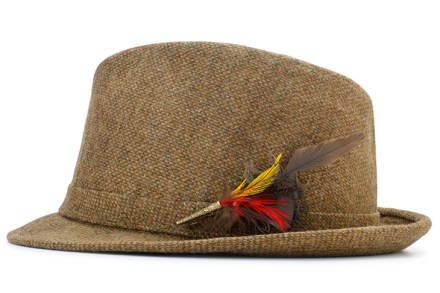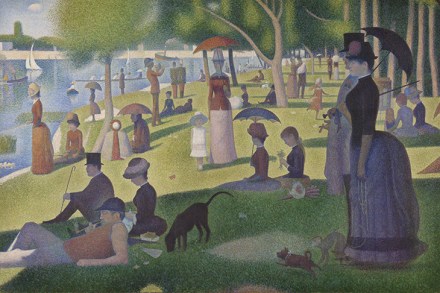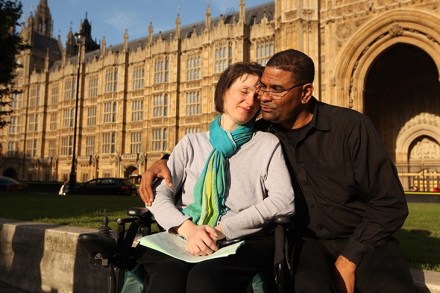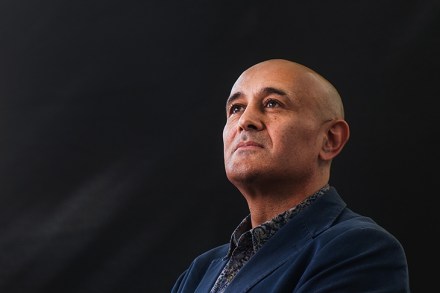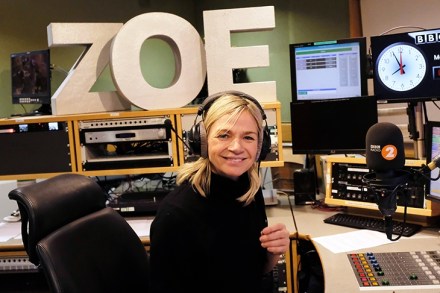End of an era
There’s been a Dimbleby on air since before I was born but last Friday saw the end of that era when Jonathan retired as chairman of Radio 4’s Any Questions after 32 years. It’s a bit like imagining life in Britain once the Queen dies. The Dimbleby family has been intertwined with the history of the BBC, and major national events, since the second world war when Richard, the father, carved out his career as a war reporter, most famously from Belsen in 1945. Mere mention of the name conjures up those Reithian values — clear reportage, an intelligent and fair-minded assessment of what’s going on, and access to that





